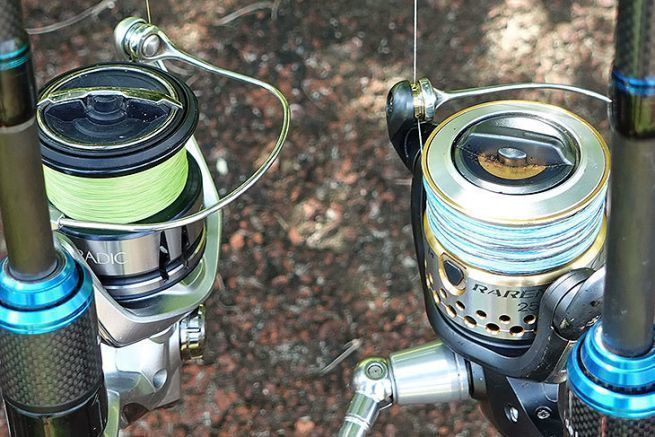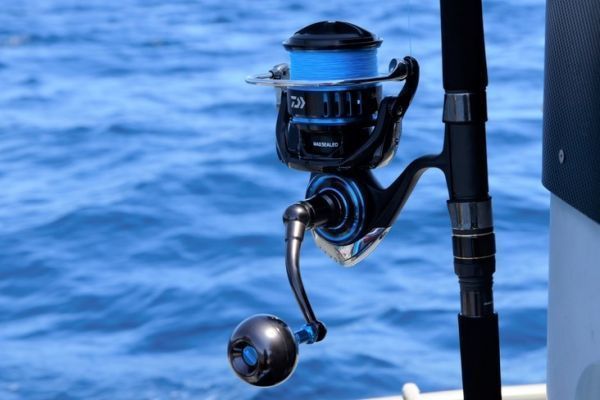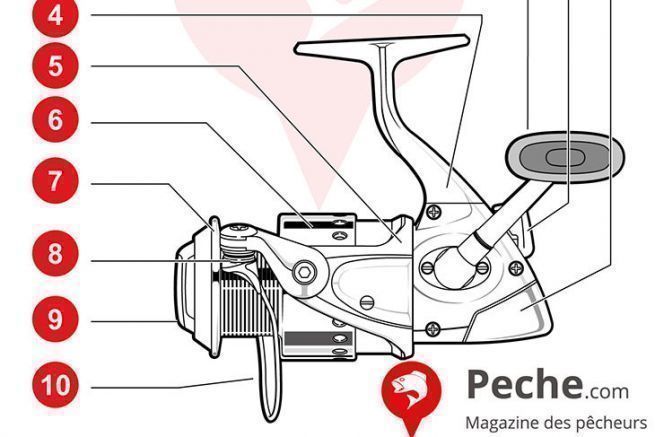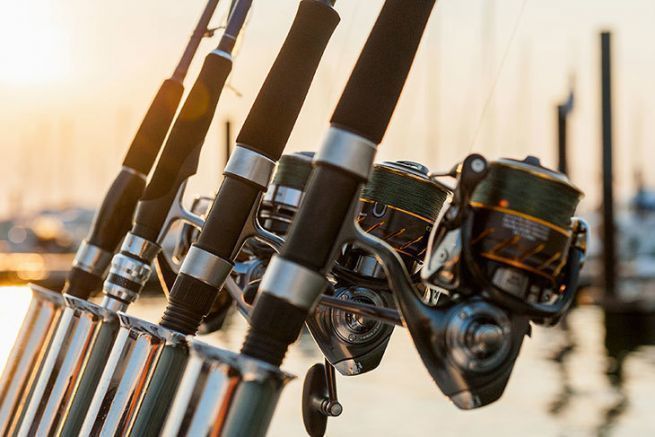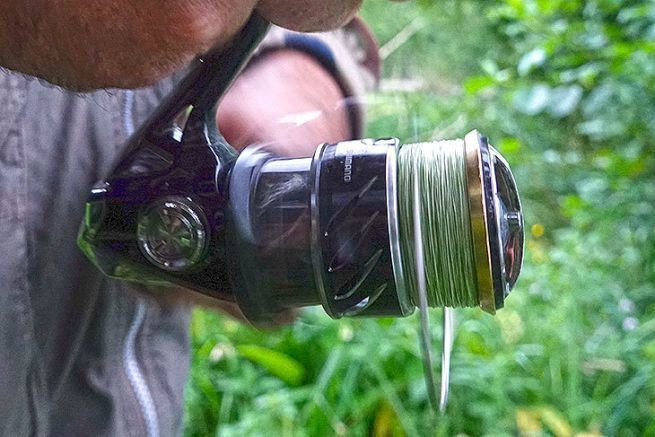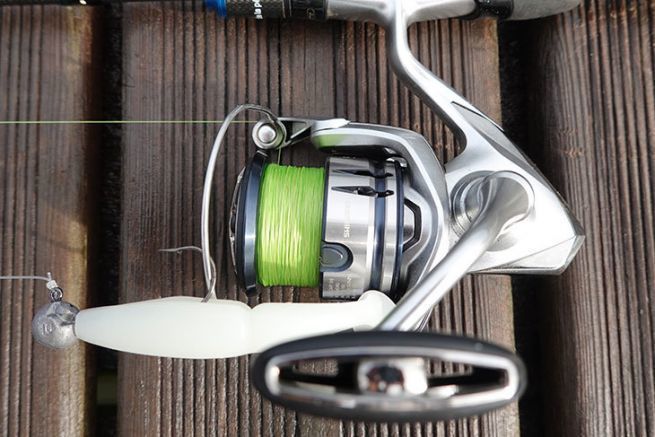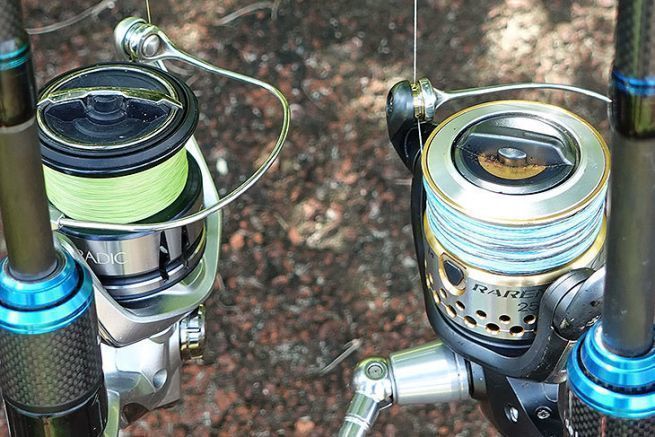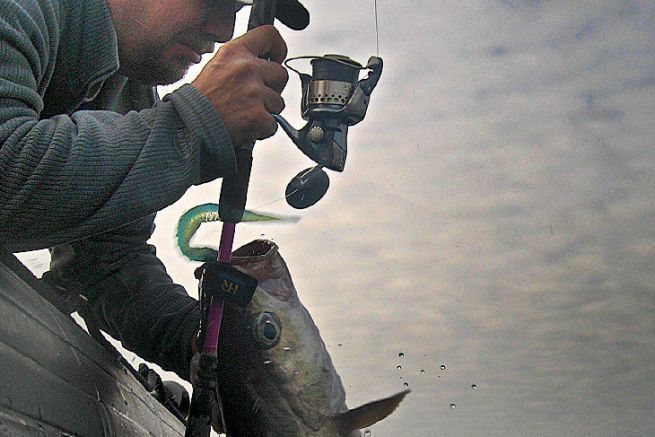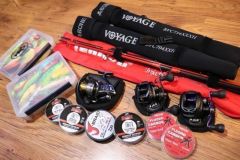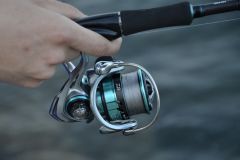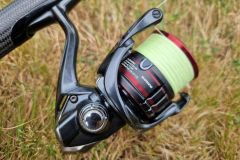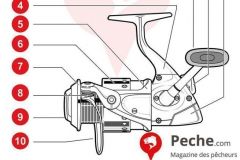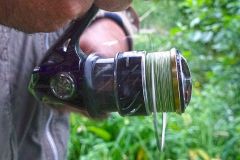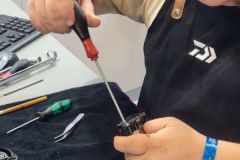Powerful, smooth braking
To fight a fish, you need a good drag. The brake consists of metal washers, each separated by a felt or carbon washer. The braking power is then indicated in kilograms. In addition to its strength, fluidity is important and here again, a top-of-the-range reel is usually fitted with discs made of noble materials and better-quality grease for optimum braking progressiveness.
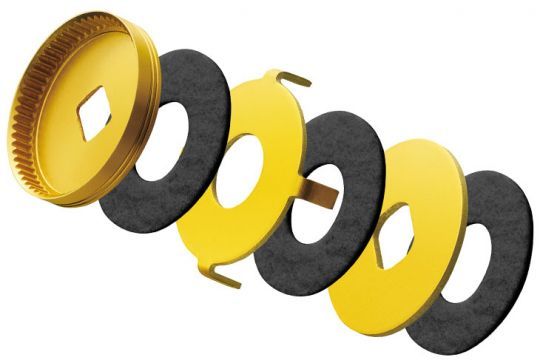
The angler's absolute enemy is the non-progressive brake, which gives jerks when the fish takes line. In this case, it's important to have your reel serviced by your dealer. The causes can be multiple, and I'm thinking in particular of a slightly twisted axle or the absence of grease flushed out by impurities or even sea water. Corroded metal discs can also cause jerking.
Release the brake after each fishing session
It's important to maintain the brake by rinsing the reel after each fishing session and releasing the brake before storing the equipment, so that the discs don't remain compressed for days, weeks or months! In this way, the fluidity and power of the disc brake system are preserved.
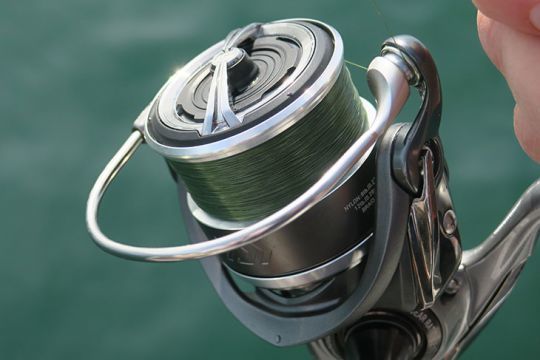
Release agents and lubricants: the enemies of top-of-the-range brakes
Some top-of-the-range reels use technical greases that should not be mixed with WD40 degreaser. In fact, a small quantity of grease applied with a brush is carefully placed between each washer, and the degreaser or lubricant will drive out or freeze the original grease. It's best to have the brake rinsed and serviced by a retailer if it's not running smoothly.
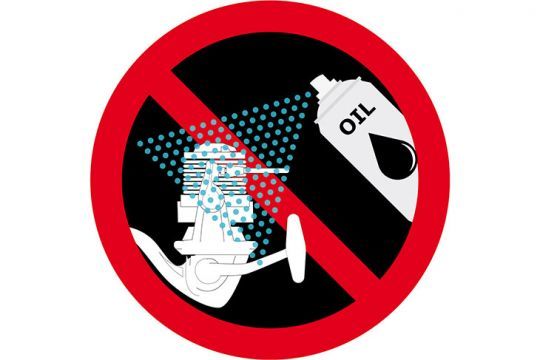
The exception is for low-priced reels or the simple mechanics of old reels, whose brakes can be cleaned and relubricated - with a small amount of grease, as you'll have gathered.

 /
/ 